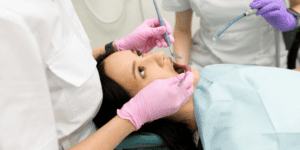
Price-Friendly Bites: How Much Does Wisdom Teeth Removal Cost?
Price-Friendly Bites: How Much Does Wisdom Teeth Removal Cost? Wisdom teeth removal is a common oral surgery that some patients undergo at some point. While
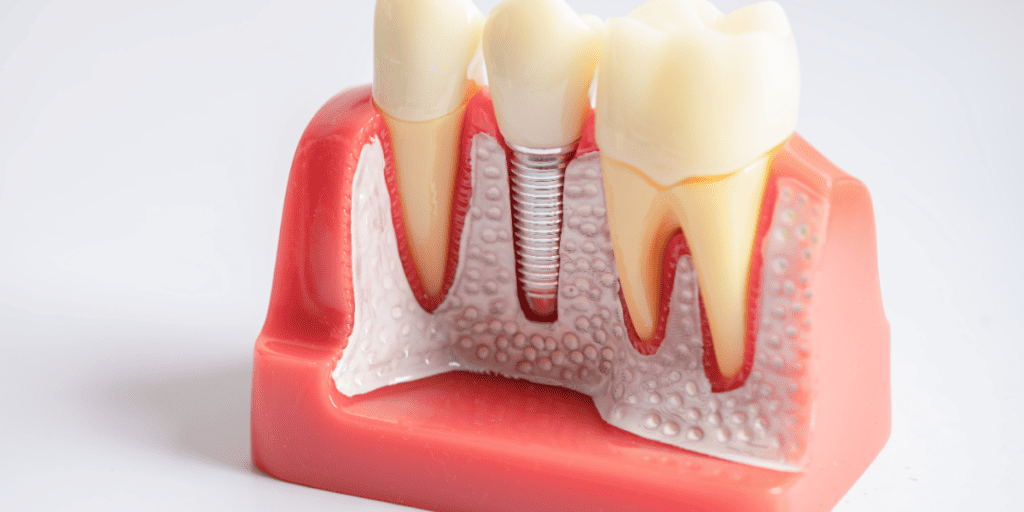
Dental implants are like the gold standard in tooth replacement due to their durability, functionality, and likeness to natural teeth. However, like any dental procedure, they may occasionally come with discomfort. One common concern is severe discomfort when chewing.
A dental implant is a titanium post dental professionals surgically insert into the jawbone, mimicking the root of a natural tooth. This implant supports a crown, which is the visible part of your tooth – enabling you to chew and smile with confidence. Ideally, once healed, a dental implant should function like a natural tooth and be virtually painless.
If you’re experiencing discomfort or pain when chewing with your dental implant, it could be due to several reasons:

After your implant placement, it needs time to properly integrate with the bone in a process called osseointegration. If they load a temporary or permanent crown onto the implant too soon, it can lead to “implant overloading.” This can cause pain when biting or chewing as the implant hasn’t fully fused with the bone yet.
Infections can sometimes occur around the dental implant. This condition, known as peri-implantitis, is often due to poor oral hygiene or tobacco use. Symptoms include inflammation, bleeding, pus formation, and severe discomfort, particularly when chewing.
If your dental implant or the crown they attach to it doesn’t fit correctly or isn’t aligned properly, it can result in uneven biting pressure. This can lead to discomfort or pain when chewing.
Damage to the implant or crown can also cause severe. This can happen if the implant or crown loosens, cracks, or fractures, often due to a traumatic impact, teeth grinding, or biting down on hard foods. The type of food you eat after your teeth implant procedure also plays a role.
If your dental implant hurts when you chew, it’s essential to make an appointment with your dentist or oral surgeon as soon as possible. They are able to evaluate the circumstances and identify the root reason. Treatments may include:
Rest and healing: If the problem is due to implant overloading, your dentist might recommend removing the crown and giving the implant more time to heal.
Infection treatment: If they diagnose peri-implantitis, treatment will revolve around controlling the infection. Usually, this involves oral hygiene instructions, professional cleaning of the implant site, and possibly antibiotics.
Adjustment or replacement: If the implant or crown’s fit or alignment is the cause, your dentist can adjust the crown’s position or replace it entirely. If the implant itself is misaligned, further surgical procedures may be necessary.
Repair: If the implant or crown is damaged, they may need to tighten, repair, or replace it.
Acquiring a dental implant in Belleville is just half the journey – the other half is ensuring its longevity through proper care. Below are ways you can keep your dental implant healthy and fit for a lifetime.
1. Daily oral hygiene practices
Daily oral hygiene is the cornerstone of tooth implant care. Here’s how you can incorporate your implant into your routine:
Brushing: Brush your teeth, including your implant, at least twice a day with a soft-bristled toothbrush. Brushes made specifically for implants are available, which have a unique shape designed to clean around the implant. Remember to replace your toothbrush every three months or sooner if it starts to wear out.
Flossing: Teeth implants require flossing just like natural teeth. Use implant-specific floss, dental tape, or a water flosser to clean around the abutment and under the crown. This inhibits the accumulation of plaque and gets rid of food particles.
Rinsing: Rinse with an anti-bacterial mouthwash to kill any remaining bacteria and ward off infection.
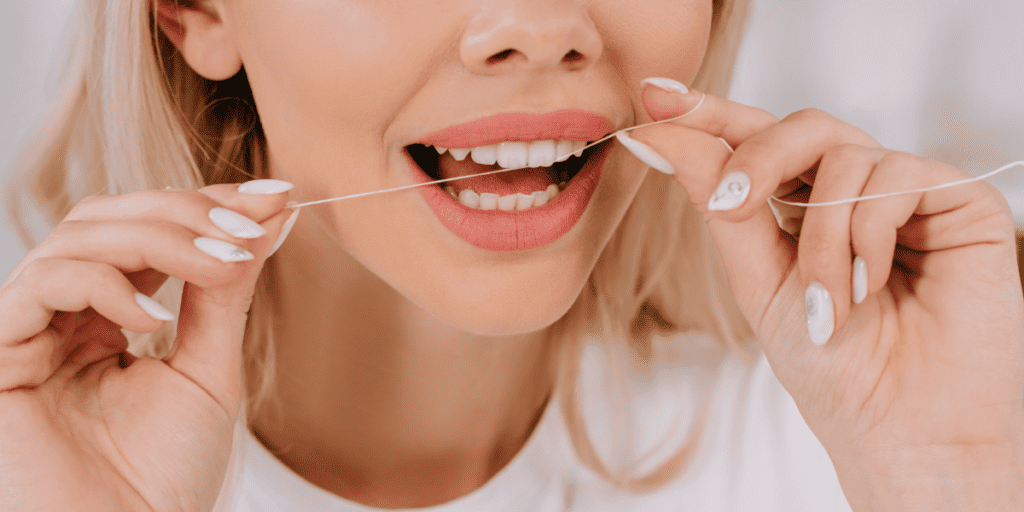
2. Regular dental check-ups
Schedule regular dental check-ups at least twice a year for an examination and professional cleaning. Your dentist can identify potential problems early, clean areas that you may have missed, and ensure your implant is in optimum condition.
Avoid damaging habits
Certain habits can harm your teeth implant:
Avoid chewing hard items: This includes hard candy, ice, or other extremely hard foods as they can damage the crown and the implant.
Stop smoking: Smoking can weaken your bone structure and can contribute to implant failure.
Prevent grinding: Teeth grinding can damage your crown and put undue pressure on the implant. If you’re a habitual grinder, discuss this with your dentist. They may recommend a night guard to protect your teeth and implant.
Keep an eye on your fixture and pay attention to any changes or discomfort. If you notice anything unusual, such as swelling, redness, increased mobility, or pain, reach out to your dentist or oral surgeon ASAP. These may be signs of infection or other complications which need immediate attention.
Good oral health reflects overall health. Eating a balanced diet helps to provide the essential nutrients for your oral tissues and strengthens your immune system. Regular exercise, good sleep, and staying hydrated can also contribute to better oral health.
While it’s true that dental implants are long-lasting by design, how you care for them heavily influences their lifespan. With proper oral hygiene, regular dental check-ups, a healthy lifestyle, and prompt attention to potential issues, your dental implant can last a lifetime. Remember, a tooth implant is an investment – not just in your smile, but in your overall health and confidence as well. So, make the effort to care for your implant just as you would your natural teeth, and enjoy a lifetime of smiling with confidence!
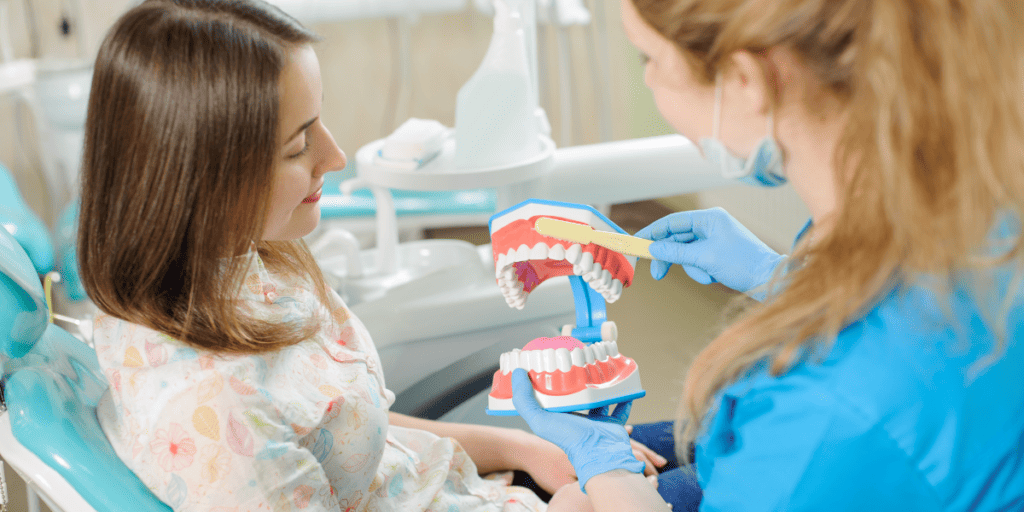
Schedule an appointment immediately with Quinte Smiles Dental Centre if you notice any discomfort with your dental implants when chewing. With the right oral hygiene habits and dental check-ups, you can keep smiling, keep chewing, and enjoy the benefits of your dental implants to the fullest.

Price-Friendly Bites: How Much Does Wisdom Teeth Removal Cost? Wisdom teeth removal is a common oral surgery that some patients undergo at some point. While
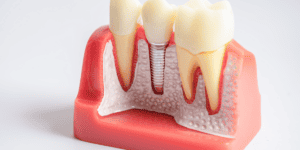
Unlocking Ease: Why Does My Dental Implant Hurt When I Chew? Dental implants are like the gold standard in tooth replacement due to their durability,
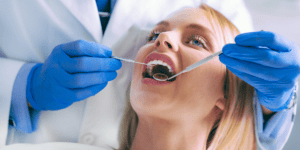
When it comes to maintaining our oral health, regular dental cleanings play a crucial role. However, for some of us dealing with periodontal or gum
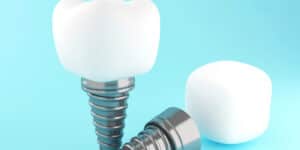
5 Major Ways Dental Implants Transform Smiles | Belleville Dental implants are a type of medical procedure that helps replace missing teeth. They are small
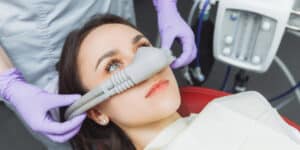
Confidence Boost: How Implants Can Benefit You | Belleville Sedation dentistry in Belleville is a technique dental professionals use to ease the patient’s anxiety during
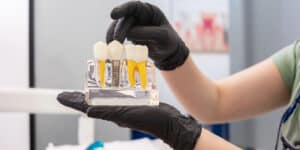
Confidence Boost: How Implants Can Benefit You | Belleville A confident smile can light up a room, radiating positivity and self-assurance. However, missing teeth can
© All Rights Reserved Quinte Smiles Dental Centre
Privacy Policy | Terms of Use | Sitemap
A Dentistfind Website